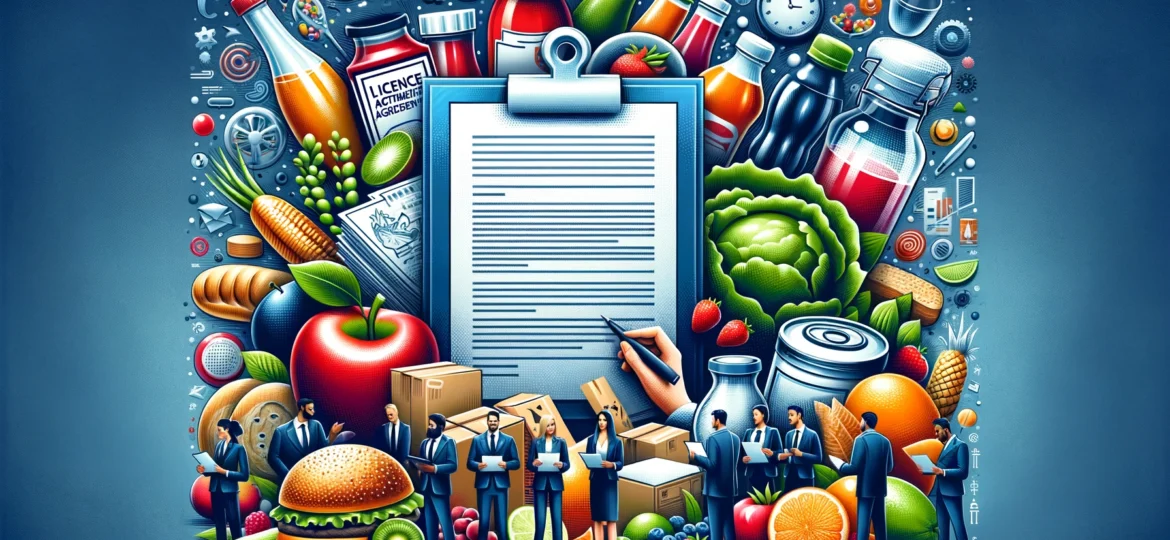
This is a follow up piece to our popular article about IP licensing in the food and beverage category from the perspective of a top Food IP Licensing Attorney. Part I explored the fundamentals of food and beverage license agreements, revealing their potential to unlock brand growth and market reach. But in the ever-evolving F&B landscape, staying ahead requires embracing innovative strategies and understanding the legal nuances governing them. So, grab your avocado toast and settle in, as we delve deeper into the world of licenses with a focus on:
1. Plant-Based Bonanza: Cultivating Partnerships in the Green Gold Rush:
The plant-based food revolution is here, and savvy brands are seeking licensing opportunities to capitalize on this booming market. Collaborations with established plant-based players leverage their expertise and existing customer base, accelerating entry and brand recognition. Case in point: Beyond Meat’s partnership with PepsiCo for plant-based snacks – a recipe for mutual success.
2. Click & Sip: Navigating the Digital Foodverse Through Licenses:
Online food delivery platforms like DoorDash and Uber Eats are reshaping the culinary landscape. Enter digital licensing – brands can now license their recipes, menus, or even entire restaurant concepts to these platforms, expanding their reach without the brick-and-mortar overhead. Just like Domino’s partnership to deliver pizza via third-party delivery services, innovative brands can tap into this digital goldmine.
3. From Craft to Mass: Scaling Up Through Strategic Licensing:
Small-batch artisans are often bursting with unique flavors and culinary genius. However, scaling up can be a daunting task. This is where licensing shines! Partnering with larger F&B companies allows artisans to bring their creations to a wider audience while benefitting from established manufacturing and distribution networks.
4. Legal Lowdown: Protecting Your Food & Beverage IP:
While the potential of F&B licenses is undeniable, the legal landscape demands careful consideration. Key clauses to focus on include:
- Scope of License: Clearly define the permitted uses of your F&B intellectual property (recipes, logos, brand names).
- Quality Control: Maintain brand integrity by stipulating quality control measures for the licensee’s production and marketing.
- Royalties & Fees: Negotiate fair compensation for the use of your F&B IP, including upfront fees, ongoing royalties, and performance-based incentives.
- Termination Clauses: Ensure clear exit strategies in case of brand misalignment or contractual breaches.
You can read more about the specifics of Food IP licenses in our treatise.
5. The Final Sip: Finding the Right Licensing Partner:
Not all partnerships are created equal. Choosing the right licensee is crucial for long-term success. Look for partners with:
- Complementary Brand Image: Align your values and target audiences to avoid brand dilution.
- Proven Distribution Network: Ensure they have the reach and capabilities to effectively market your F&B offerings.
- Shared Vision & Commitment: Choose collaborators who share your passion for innovation and brand excellence.
By navigating the intricate world of F&B licensing with strategic intent and legal savvy, your brand can unlock boundless growth opportunities in the years to come. So, raise a glass to partnerships that nourish both profits and palates, and remember, a well-crafted license agreement can be the secret ingredient to your F&B empire’s success!
